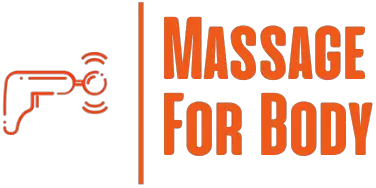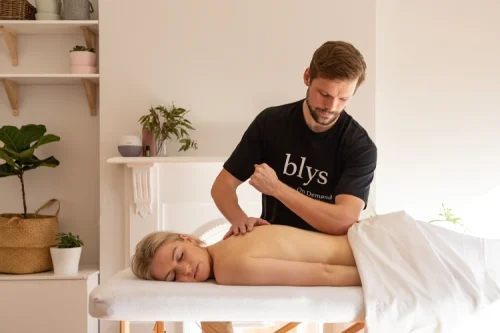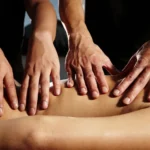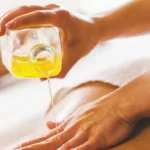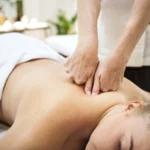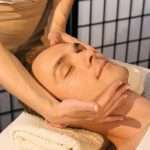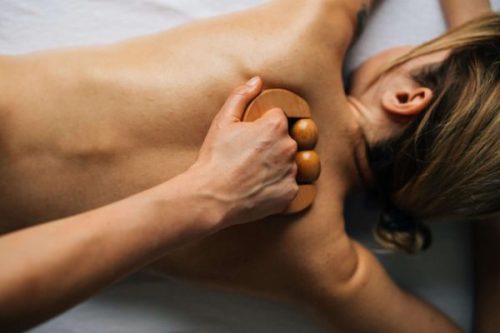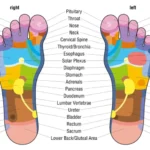In our fast-paced world, finding calm can feel like a luxury. But with relaxation massage, peace isn’t just possible—it’s accessible. Whether you’re overwhelmed by daily stress or simply craving a moment of stillness, this soothing technique offers more than a temporary escape. The benefits of relaxation massage are far-reaching, impacting both your body and your emotional wellbeing.
In this guide, we’ll explore what relaxation massage is, how it works, and the proven benefits you can expect from this gentle but powerful practice. We’ll also look at how it compares to other massage styles and how to make it part of your regular wellness routine.
Relaxation massage is one of the best ways to combine massage and relaxation into a single, rejuvenating experience.
Table of Contents
💆♀️ What Is a Relaxation Massage?
Relaxation massage is a gentle, full-body massage technique designed to reduce stress and promote a sense of calm. Unlike deep tissue massage, which targets knots and muscle tension, relaxation massage focuses on long, flowing strokes, rhythmic movements, and light to moderate pressure.
It’s not meant to “fix” physical issues like injuries or chronic pain but instead supports overall wellness, making it ideal for those needing to decompress mentally and physically.
Key features include:
- Slow, smooth strokes
- Focus on circulation and nervous system
- Use of calming oils and aromatherapy
- Soothing background music and ambient environment
This style of massage is often referred to as a form of massage for stress relief, helping individuals relax physically while letting go of mental tension.
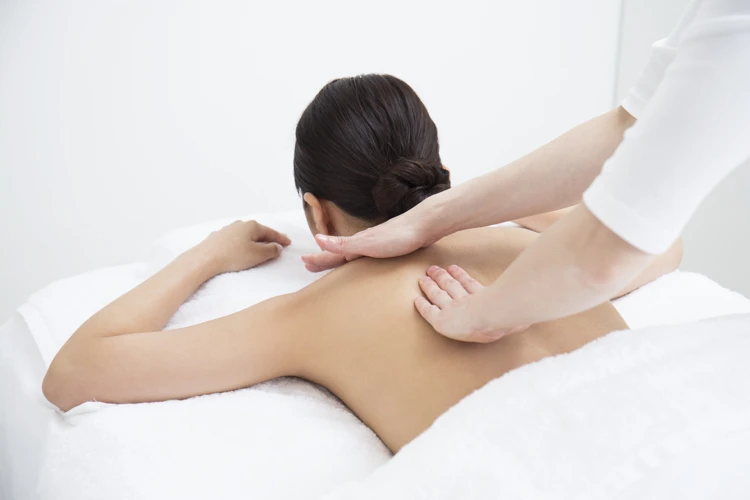
🔬 How Relaxation Massage Works
The effects of relaxation massage stem from its impact on both the nervous system and circulatory system. The repetitive strokes stimulate sensory receptors in the skin, sending signals to the brain that encourage the body to shift into the parasympathetic nervous state—aka “rest and digest” mode.
This change leads to:
- Lower heart rate
- Decreased cortisol (stress hormone) levels
- Increased serotonin and dopamine
- Improved blood and lymphatic flow
Some therapists also incorporate techniques like effleurage, petrissage, and gentle compression, enhancing both physical comfort and emotional calm.
✨ Signs You May Need a Relaxation Massage
Many people wait until they’re burned out or in pain before booking a massage, but early signs of stress build-up can be subtle:
- Difficulty sleeping or unwinding
- Constant muscle tightness
- Irritability or anxiety
- Feeling overwhelmed by daily tasks
- Mind-body disconnection (feeling “stuck in your head”)
If any of these sound familiar, it might be time to treat yourself to a relaxation massage—a simple but powerful way to reset your system and recharge.

🌿 Top Relaxation Massage Benefits
1. Reduces Stress and Anxiety
Massage is a powerful tool to ease mental overload. Just one session can significantly reduce anxiety by promoting calming hormones and lowering adrenaline and cortisol.
2. Improves Sleep Quality
Massage stimulates melatonin production and helps the body wind down naturally—perfect for those with insomnia or disrupted sleep cycles.
3. Enhances Circulation and Detoxification
The gentle flow of massage improves blood flow and supports the lymphatic system, which helps flush out toxins and boost energy levels.
4. Eases Muscle Tension
If you sit at a desk, lift children, or carry stress in your neck and shoulders, relaxation massage can release that tension without the pain of deep tissue work.
5. Boosts Emotional Wellbeing
Massage is grounding. It helps people process emotions, release tears, or simply feel more present. It’s a safe space to reconnect with your body.
6. Strengthens the Mind-Body Connection
Over time, regular massage helps you become more in tune with how you feel physically and emotionally. This builds body awareness, resilience, and self-care habits.
7. Supports Immune Health
By reducing stress hormones and improving circulation, massage can enhance immune function and improve your body’s natural healing response.
8. Hydrates Skin and Improves Glow
Massage oils nourish the skin while improved blood flow brings a radiant glow. Great for those with dry or sensitive skin.
Types of Relaxation Massage
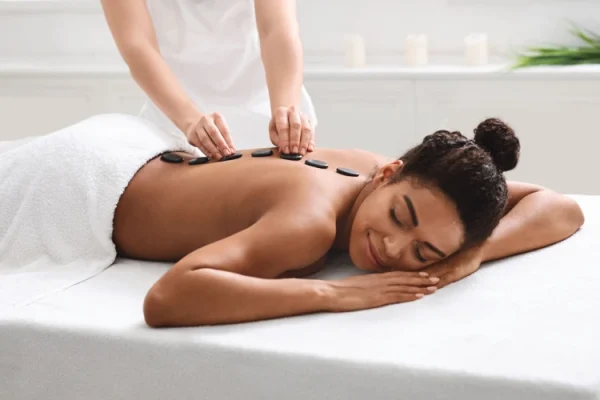
Swedish Massage
Swedish massage is the most common type of relaxation massage. It uses long strokes and gliding techniques to provide a full body massage. It is also beneficial for increasing circulation, decreasing muscle tension and improving overall relaxation.
Hot Stone Massage
Hot stone massage uses heated stones to provide a more intense massage. The heat helps to relax the muscles and provide a deeper level of relaxation. This type of massage is great for those who are looking for a more invigorating massage.
Aromatherapy Massage
Aromatherapy massage combines massage techniques with essential oils to create a calming, relaxing experience. Essential oils can be used to help reduce stress, improve mental clarity and promote relaxation. This type of massage is perfect for those who are looking for an extra level of relaxation.
🧘♀️ Relaxation Massage vs. Deep Tissue Massage
| Aspect | Relaxation Massage | Deep Tissue Massage |
|---|---|---|
| Pressure Level | Light to moderate | Firm to deep |
| Focus | Full-body calm | Specific muscle knots & chronic pain |
| Comfort Level | Gentle and soothing | May be intense or slightly uncomfortable |
| Ideal For | Stress, tension, mindfulness | Injury, posture issues, athletic recovery |
Knowing the difference helps you choose the best style for your needs.
✅ Tips to Get the Most From Your Session
- Arrive early to relax before the session begins
- Communicate your preferences (e.g. pressure, areas to avoid)
- Focus on breathing deeply
- Hydrate well afterward
- Don’t schedule anything stressful right after
If you’re looking to relax with massage, treat the whole experience as a mini-retreat.
🧖♀️ Aftercare Tips
After your session:
- Drink plenty of water to flush out toxins
- Stretch gently or go for a short walk
- Reflect on how you feel—emotionally and physically
- Avoid caffeine and heavy meals for a few hours
- Consider journaling to deepen your mind-body connection
Light movement, like yoga or slow breathing, can help extend the relaxation massage benefits beyond the table.

🏡 Massage Rituals for Self-Care at Home
You don’t have to wait for your next appointment to enjoy the benefits of relaxation massage. Building rituals into your routine can extend the calm:
- Start or end your day with 5–10 minutes of self-massage using warm oil
- Pair your massage with deep breathing or meditation
- Create a calming environment with candles, soft music, and dim lighting
- Add gentle stretches before or after massage to deepen relaxation
These rituals encourage you to treat massage not as a one-time event, but as a consistent form of massage and relaxation you can enjoy regularly.
🧴 Best Tools & Oils for Relaxation Massage
Enhancing your experience with the right tools and oils makes a big difference:
Recommended Oils:
- Lavender oil: promotes sleep and relaxation
- Sweet almond oil: gentle, hydrating, and suitable for all skin types
- Jojoba oil: non-comedogenic and easily absorbed
Helpful Tools:
- Handheld massagers for back and shoulders
- Massage candles (wax turns into warm, spreadable oil)
- Foam rollers or massage balls for at-home muscle relief
These products can support your practice between sessions or help you share the experience with a partner.
❓ Frequently Asked Questions
Q: How long should a relaxation massage last?
A typical session is 60 to 90 minutes. Shorter sessions may not allow your body to fully settle into deep relaxation.
Q: Is it normal to feel emotional during or after a massage?
Yes! Many people experience emotional release. It’s a sign that your nervous system is relaxing and letting go of stored tension.
Q: Can I do a relaxation massage at home?
Yes. While it won’t be exactly the same, using oils, soft lighting, and slow strokes on yourself or with a partner can offer similar calming effects.
Q: Should I talk during the massage?
That’s up to you, but many people find it more relaxing to remain quiet and focus on the sensations.
Q: How soon will I feel the benefits?
Often immediately. You may feel calmer, lighter, or even sleepy right after your session.
🤔 Who Should Try A Relaxation Massage?
This massage style is ideal for:
- Busy professionals
- Parents or caregivers
- Students under pressure
- Anyone new to massage
- Individuals seeking massage and relaxation for emotional wellbeing
Avoid if you have:
- Fever or flu
- Open wounds or skin conditions
- Blood clots or recent surgeries (always check with your doctor)
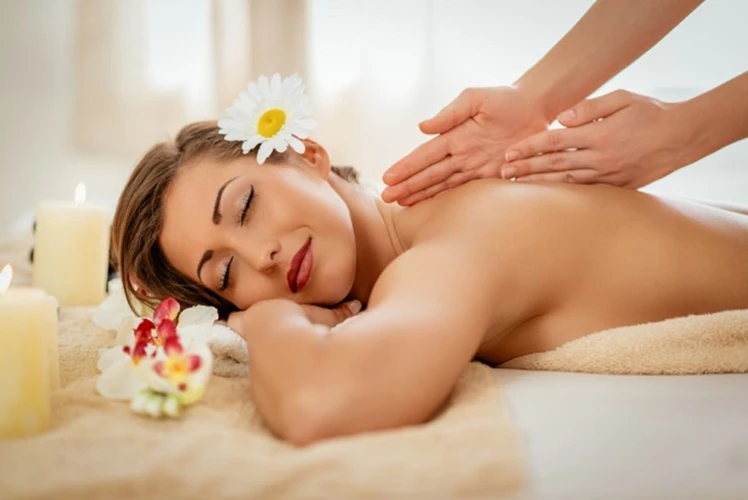
⏰ How Often Should You Get One?
Start with every 2–4 weeks for maintenance, or weekly during high-stress periods. Many people combine it with:
- Yoga
- Meditation
- Journaling
- Lymphatic drainage
Massage packages or subscriptions can make it affordable to build a consistent self-care habit.
🧘 Final Thoughts: Is It Worth It?
Absolutely. Relaxation massage is more than a luxury—it’s a wellness tool. You’ll walk away feeling more grounded, more present, and more connected to your body.
In today’s world of constant noise and burnout, making time to relax with massage isn’t just indulgent—it’s essential.
📚 References
- Cleveland Clinic – Benefits of Massage Therapy
Overview of how massage supports the nervous system, mental health, and circulation. - Healthline – The Benefits of Massage
Breaks down the physical and psychological benefits of massage therapy. - NIH – Effects of Massage Therapy on the Nervous System
Peer-reviewed research on how massage regulates stress and enhances parasympathetic activity.
🔗 Related Reads:
- Why Do I Feel Sick After a Massage?
- How to Give a Full Body Massage at Home
- Benefits of Lymphatic Drainage Massage
🕊️ Take a breath. Book a session. Your body and mind will thank you.
⚠️ Disclaimer:
This article is for informational purposes only and does not constitute medical advice. Always consult with a licensed healthcare provider or certified massage therapist before beginning any new treatment, especially if you have pre-existing health conditions or concerns.
